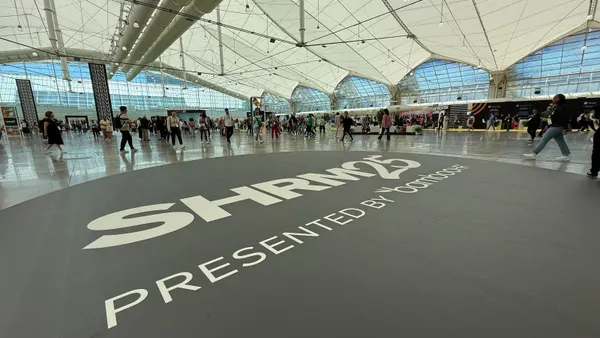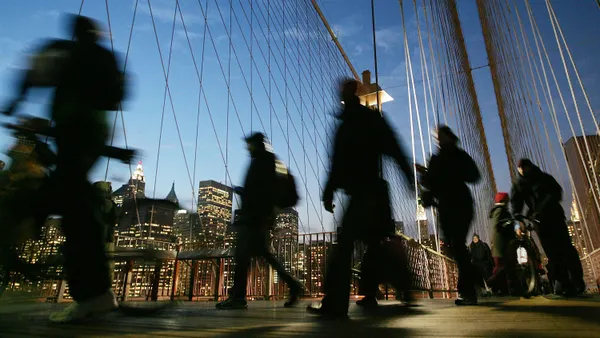Dive Brief:
- The 9th U.S. Circuit Court of Appeals should reverse a lower court's decision not to bar a city's ordinance mandating hourly bonuses to hospital workers during the pandemic, a hospital argued in an opening brief (Southern California Healthcare System, Inc. v. The City of Culver City, et al. No. 21-55788 (9th Cir., Aug. 20, 2021)).
- California's Culver City used an ordinance to pander to the union representing the hourly employees at Southern California Hospital at Culver City, the hospital said. The city's singular scope in the ordinance evidenced its intent; the ordinance applies to no other healthcare facilities or employers of first responders, including the city's police and firemen, according to court documents.
- In addition to violating the equal protection clauses of the U.S. and California constitutions, the city's ordinance violated the National Labor Relations Act, the brief said, which allows governments to intervene only in the procedural element of employer and union bargaining and not in "the actual terms of the contract."
Dive Insight:
The hospital insisted in its brief that the language of the ordinance pointed to the city's link to the union. "The only plausible explanation for the disconnect between stated purposes and how lines were drawn is an illegitimate one: to respond to the demands of a political constituent, Service Employees International Union—Healthcare Workers West," it said.
According to the hospital, the union wrote the ordinance and saw to its passage as it was negotiating a new collective bargaining agreement. "The ordinance was introduced only days after SCHCC agreed to significant wage increases as part of the new CBA," the brief said. "The ordinance's bonuses are themselves significant, amounting to about 26% of the total negotiated wage increases over three years."
When the district court denied the hospital's motion for injunction in June, it argued that the city's ordinance did not violate the NLRA. "The Supreme Court and the Ninth Circuit have repeatedly held that substantive state labor standards are not preempted by the NLRA," the court said. "The Ordinance is a substantive labor standard benefitting union and non-union hospital workers, and does not conflict with the NLRA, which regulates the collective bargaining process." Neighboring courts previously struck down challenges to city of Los Angeles' living wage ordinances and other "hero pay" mandates, for instance.













